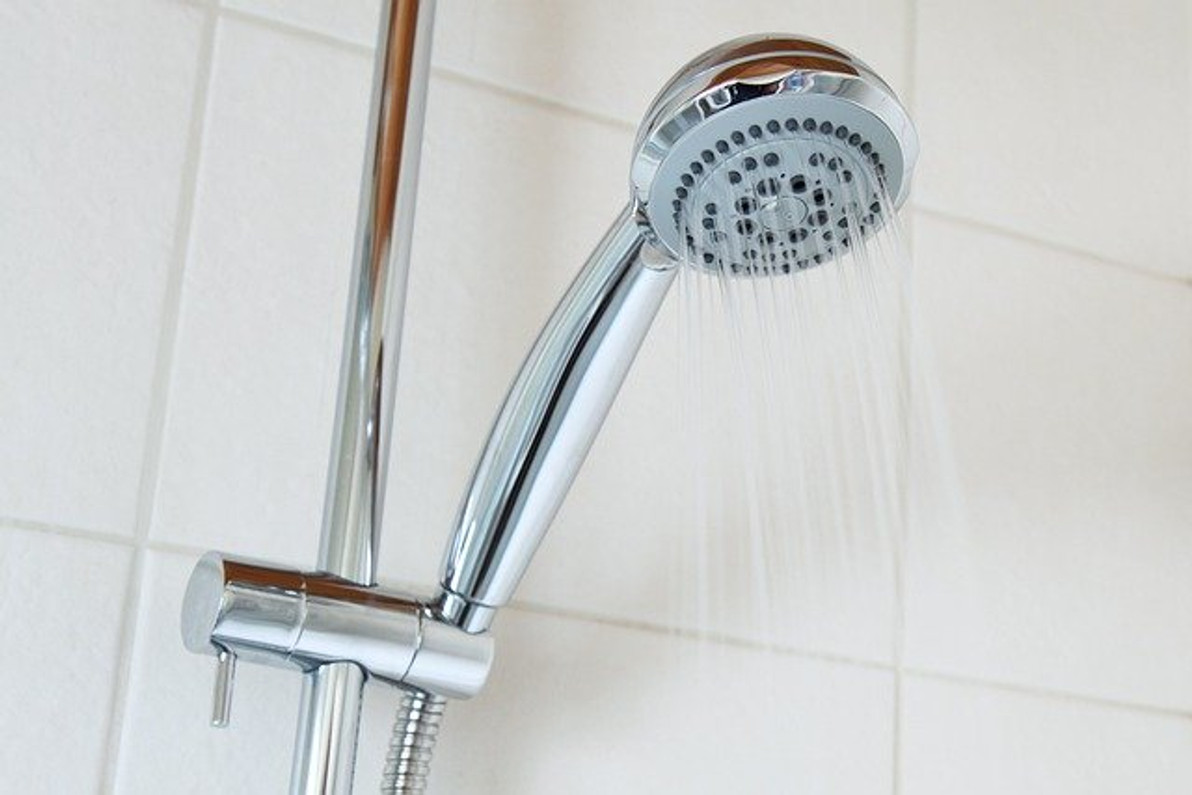What Is Hard Water? Here's What You Should Know
Hard water is a common problem in the United States. Some reports suggest that 80% to 90% of all U.S. homes suffer from it. What's even more alarming perhaps is that most homeowners aren't aware of it. What is hard water exactly, and why is it a concern?
Hard Water Explained
Water is classified as hard if it contains a high concentration of undissolved mineral deposits. It's not uncommon for water to contain minerals. Normally, these minerals will dissolve. Water that contains a lot of undissolved minerals is classified as hard water.
Common types of undissolved minerals found in hard water include the following:
- Calcium
- Limestone
- Gypsum
- Chalk
Soap Scum
Hard water is a common cause of soap scum. The undissolved mineral deposits in hard water will bind to soap. Whether you're bathing or washing the dishes, you may notice a layer of residue left on surfaces that the water touches. This hard-to-remove residue is soap scum. Most instances of soap scum are the result of hard water.
Soap scum is a major nuisance. With its sticky texture, it doesn't rinse away easily. Rather, soap scum will cling to surfaces. It will even cling to your body when bathing.
Water Heater Damage
When left unchecked, hard water may damage your water heater. Most water heaters work by heating water inside of a tank. They will burn gas or consume electricity to produce heat. As the water inside of the tank heats up, it will expand, thus creating pressure.
Water heaters have a safety valve to relieve excess pressure. Hard water, however, can clog the safety valve or other parts inside of your water heater. If you're experiencing problems with your water heater, you may want to test the mineral content of the water. Water heaters can fail for a variety of reasons, but hard water can shorten their lifespan.
Deteriorates Plumbing
Hard water can take a toll on your home's plumbing. The pipes in your home, for instance, will deteriorate. As the mineral-rich water flows through them, the pipes will wear down. Eventually, they may leak.
You can always replace worn and damaged pipes, but doing so isn't cheap. It can cost hundreds or even thousands of dollars to repair damaged pipes. To protect your pipes from such damage, you need to treat the hard water. You can install a water softener to remove the excess and undissolved minerals so that your pipes are better protected against damage.
Recent Posts
-
Fire Safety in the Workplace: What You Need to Know
What steps are you taking to prevent fires in your workplace? According to the U.S. Occupational Saf …Aug 23rd 2023 -
Is It Safe to Go Jogging With a Cold Infection?
If you're suffering from a cold infection, you might be wondering whether it's safe to go jogging. T …Aug 22nd 2023 -
5 Safety Tips to Follow When Using a Powder-Actuated Tool
Powder-actuated tools are commonly used to join materials to steel and concrete. Also known as Hilti …Aug 20th 2023




